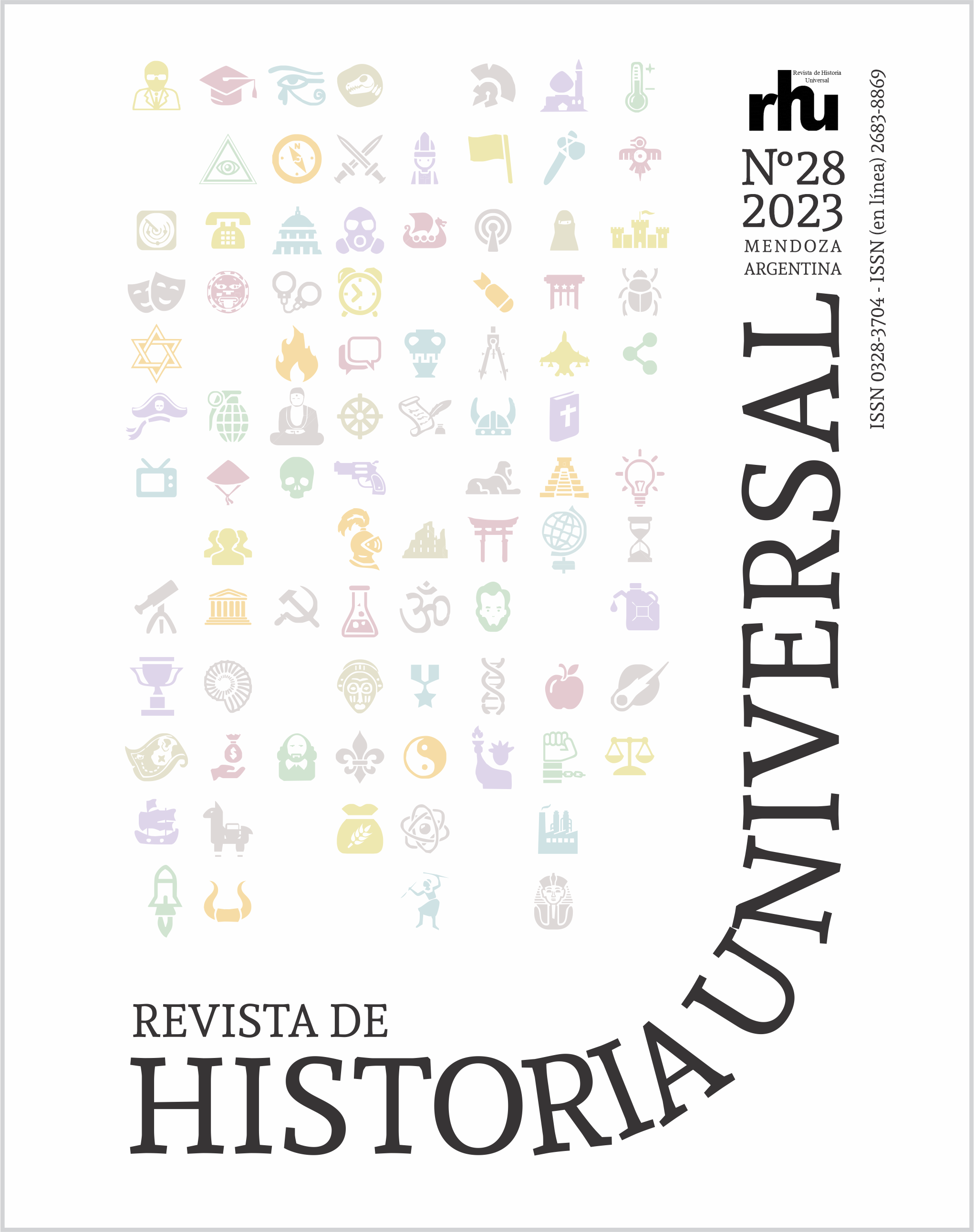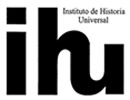Entre la legitimidad, la revolución y la educación
Palabras clave:
legitimidad, educación, violenciaResumen
El presente trabajo tiene la finalidad de ofrecer un aporte académico desde una mirada humanista a la crisis de legitimidad que se vive en el Perú, manifestada en tensiones y disturbios al interior del país que han agrietado la unidad nacional. La posibilidad de confundir los términos “legítimo” con “legalidad” puede generar una dificultad para creer que las normas jurídicas están destinadas a contribuir a la cohesión de los peruanos y reforzar la identidad nacional. En ese sentido, se destaca el valor de una educación que considere la integridad de la persona y se centre en la formación espiritual. La violencia es un fenómeno que trata de reorganizar el poder en favor de un interés que no siempre responde al del país y, en ocasiones, atenta en detrimento del tejido social. Ciertas ideologías que utilizan el dolor de las personas desatan procesos sociales que han desembocado en violencia y división de la población. Ello ha puesto en riesgo la protección de los valores más importantes generados por la unión nacional. Este trabajo busca llevar a la palestra la necesidad de una educación verdaderamente humana, profunda y vinculada con los valores sociales que han construido la identidad nacional del Perú. La legitimidad, como fruto de una educación espiritual, posibilita llevar a cabo cambios sociales en clave de unidad y fortalecer las instituciones como un resultado de identificación de la población con sus gobernantes.
Citas
Bárcena Pérez, A. (2015). La guerra de la Vendeé. Una cruzada en la revolución. San Román.
Bix, B. H. (2009). Diccionario de teoría jurídica. Universidad Nacional Autónoma de México.
Casalino C. (2020). El Padrón Electoral como expresión de las dispotas por el poder a los largo de la historia republicana (Perú: 1821-2019). En M. Sánchez y M. Valenzuela (Eds.). Democracia, participación y representación electoral en el Perú. Textos para reflexionar el Estado en los siglos XX y XXI (pp. 27-62). ONPE.
Cepedello Boiso, J. (2019). Los conceptos de Estado y nación en la teoría política islámica contemporánea. En R. Luis Soriano Díaz, J. M. Seco Martínez (Coord.) y R, Rodríguez-Prieto (Coords.). Temas clave de la filosofía del derecho y política: comentarios críticos (pp. 87-106). Tecnos.
Fayt, C. (1995). Derecho Político. Depalma.
Han, B. (2019). Hegel y el Poder Un ensayo sobre la amabilidad. Herder.
Han, B. (2016). Topología de la Violencia. Herder.
Jaeger, W. (2001). Paideia. Los ideales de la cultura griega. Fondo de Cultura Económica.
Katz, F. (2003). El papel del terror en la revolución rusa y en la revolución mexicana. Istor, revista de historia internacional, 13, 80-98.
Alan García reconoce ser el "mal menor" frente a Humala en la segunda vuelta electoral (2006, mayo 7). Libertad Digital. https://www.libertaddigital. com/mundo/alan-garcia-reconoce-ser-el-mal-menor-frente-a-humala-en-la-segunda-vuelta-electoral-1276278589/
Manetto, F. (2020, 9 de noviembre). Todos los hombres de la corrupción en Perú. El País. https://elpais.com/internacional/2020-11-10/todos-los-hombres-de-la-corrupcion-en-peru.html
Sanmartín, P. (2022, octubre 9). Chile: Un cambio con justicia. Amnistía Internacional. https://www.es.amnesty.org/en-que-estamos/blog/historia/ articulo/chile-un-cambio-con-justicia/
Schmitt, C. (1932). El concepto de lo político. Alianza Editorial.
Ossorio, M. (2018). Diccionario de Ciencias Jurídicas, Políticas y Sociales. Heliasta.
Renuncia Manuel Merino: qué hay detrás de las masivas manifestaciones que culminaron con la renuncia del presidente. (2020, noviembre 13). BBC News Mundo. https://www.bbc.com/mundo/noticias-america-latina-5492 4923.
Rodríguez, J. (2023, junio 27). Dina Boluarte: Primera y segunda ‘toma de Lima’ trajeron atraso y estancaron la economía. El Comercio. https://elcomercio. pe/lima/sucesos/dina-boluarte-primera-y-segunda-toma-de-lima-trajeron-atraso-y-estancaron-la-economia-ultimas-noticia/
Rubio, M. (2007). El Sistema Jurídico Introducción al Derecho. Fondo Editorial de la Pontificia Universidad Católica del Perú.
Descargas
Publicado
Cómo citar
Número
Sección
Licencia

Esta obra está bajo una licencia internacional Creative Commons Atribución-NoComercial-CompartirIgual 4.0.




















